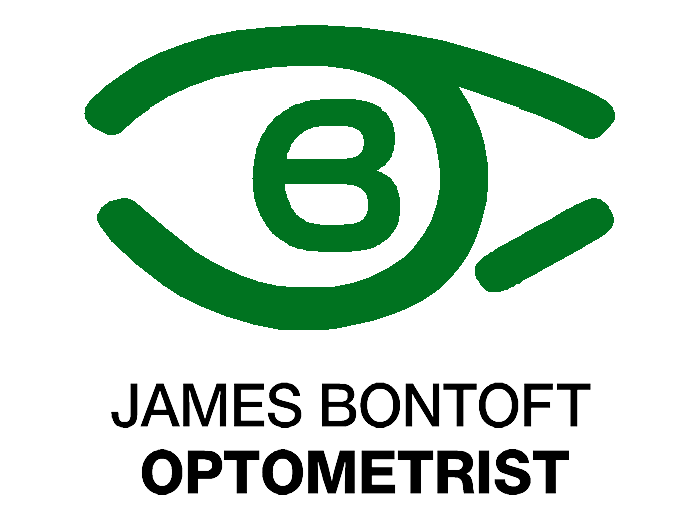Conjunctivitis
Definition
Conjunctivitis simply refers to inflammation of the conjunctiva, which is the thin membrane that covers the white part of the eyeball and the inner surface of the eyelids.
Causes
Most cases of conjunctivitis are the result of infection from bacteria or viruses, but it may also occur due to allergy or chemical irritation.
Symptoms
Redness and irritation are common to all forms of conjunctivitis. The different causes tend to have some differences in presentation, but sometimes it is not possible to differentiate between them.
Bacterial conjunctivitis
This condition is characterised by beefy-red, sticky eyes.
Viral conjunctivitis
This condition is characterised by a pink eye that is more watery than in cases of bacterial infection. There is often an associated viral upper respiratory infection, that is to say the person has a cold.
Allergic conjunctivitis
This condition is characterized by itchy watery eyes, and fluid accumulation that causes the conjunctiva to look swollen and the eyelids to appear puffy. There may also be nasal symptoms.
Treatment
While at the time distressing, most cases of conjunctivitis are not serious and will improve without treatment in healthy persons. Antibiotic eye drops are often prescribed for conjunctivitis, but research indicates that they are of minimal benefit in the majority of cases even when a bacterial infection is suspected owing to the effectiveness of our immune system. Instead it may be more appropriate to clean and irrigate the eyes frequently with cooled boiled water to reduce the bacterial load. Antibiotics are not effective in viral infections and allergies and so should not be used routinely when these are suspected.
Viral
In cases of viral conjunctivitis we must wait for our immune system to deal with the infection, although artificial tears and antihistamines may be helpful in lessening any discomfort. A viral conjunctivitis may take a few weeks to resolve completely, a similar time-scale to colds that are also caused by a virus.
Allergic
If the inciting allergen is known then measures should be taken to avoid re-exposure; for example, in cases of hayfever, avoiding spending time outside or wearing sunglasses to act as a barrier. A cold compress is soothing and helps reduce swelling. Your eye specialist may also prescribe anti-allergy eyedrops, including antihistamines, mast cell stabilizers, or steroids.
